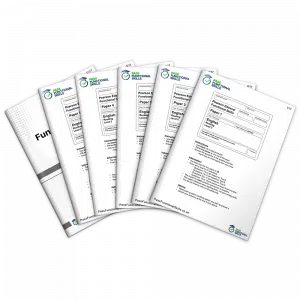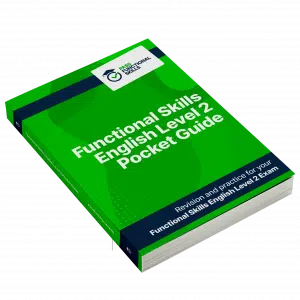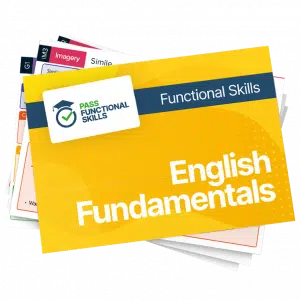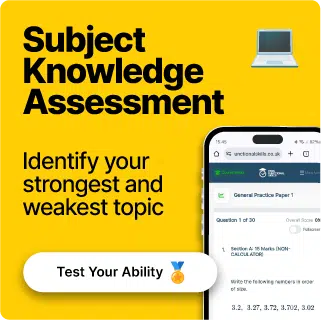Writing: Context
Context
Context is important to further understand a text after the audience and purpose have been established.
In other words, it gives more meaning and relevance to the text, and makes it easier for the reader to understand the full picture.
Make sure you are happy with the following topics before continuing:
Follow Our Socials
Our Facebook page can put you in touch with other students of your course for revision and community support. Alternatively, you can find us on Instagram or TikTok where we're always sharing revision tips for all our courses.
What is context?
The context needs to match the tone and the aim of the text.
Essentially, the context provides useful background information, which will improve the quality and relevance of your text.
Consider this exam task:
”Write a review about a recent visit to a new restaurant in Plymouth.”
There are various contexts which could apply to this task, and each would alter the final text.
Some potential contexts are:
- You have lived in Plymouth for 5 years.
or
- You have only moved to Plymouth recently.
or
- You are writing for an audience who has never been to Plymouth.
Although these details may not be absolutely necessary to write a basic answer, they will help to create a complete picture of the situation, and a more effective text.
Because of this, context is a valuable element to consider when writing a text.
Example: Context
Context may also affect the style of writing regardless of the audience or purpose.
Think about the differences between these examples.
Consider the language use on each poster…

- The poster written for a summer donation campaign is more light-hearted, and generalised.
- In contrast, the poster for a winter donation campaign uses more emotive language such as ‘desperate’ and ‘struggling’. Although the texts are very similar, the change in context from summer to winter requires a different linguistic approach.
Thus, we can see how context can require changes in a text.
Although each of these texts has the same aim and audience, a different use of linguistic features, colour and images is needed, due to the shift in context.
Additional Resources
Exam Tips Cheat Sheet
FS Level 2Specification Points Covered
L2.22 – Spell words used in work, study and daily life, including a range of specialist words
L2.23 – Communicate information, ideas and opinions clearly, coherently and effectively
L2.24 – Write text of an appropriate level of detail and of appropriate length (including where this is specified) to meet the needs of purpose and audience
L2.25 – Organise writing for different purposes using appropriate format and structure (e.g. standard templates, paragraphs, bullet points, tables)
L2.27 – Use different language and register (e.g. persuasive techniques, supporting evidence, specialist words), suited to audience and purpose
Writing: Context Worksheet and Example Questions
Writing: Context L2
FS Level 2NewOfficial PFSRevision Products

Functional Skills English Level 2 Practice Papers
This comprehensive set of 10 Functional Skills English Level 2 Practice Papers (5 reading papers + 5 writing) is a great way to revise for your upcoming reading and writing exams. These papers have been specifically tailored to match the structure, format and question types used by each of the main exam boards for functional skills English.

Functional Skills English Level 2 Book
Revise and practice for your functional skills English level 2 exam. All topics covered in this compact functional skills English level 2 book.

Functional Skills English Level 2 Revision Cards
Revise for functional skills English level 2, with these English level 2 fundamentals revision cards. Covering the building blocks of the essential areas of the level 2 exam.






